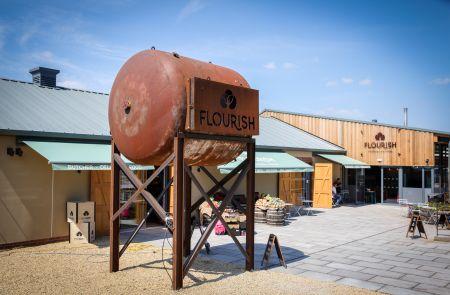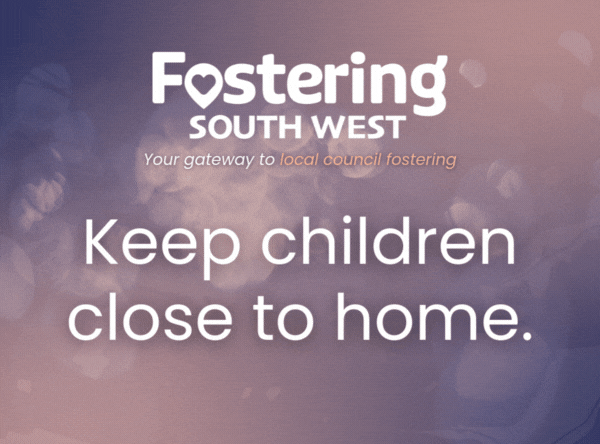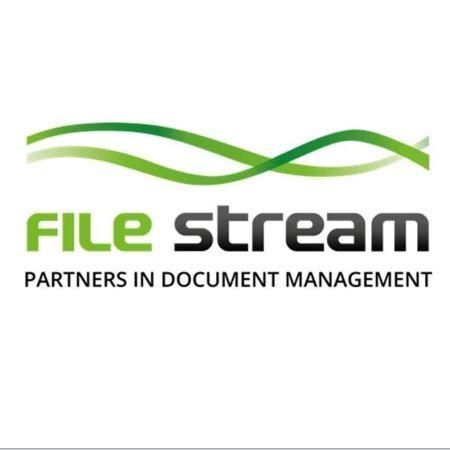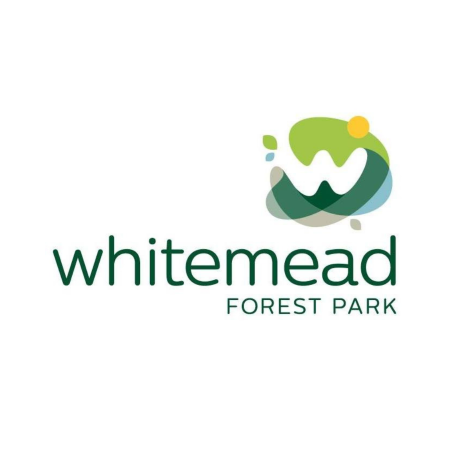Building Relationships With Sustainable Coffee Farms
If the past few months have taught us anything, it’s the importance of building relationships and supporting each other. This month we thought we would highlight some of the sustainable coffee farms and co-op’s we work with and their backgrounds.
We have chosen these farms not only for their great coffees but also for their responsibility to the community around them and the environment. Things that we should all be doing now more than ever.
Las Acacias – Columbia
Grown by Silvia Vargas and her family on her farm up to at a wheezy 1900m altitude. Using crops from her Caturra & Typica trees, she has produced an archetypal example of Colombian sustainable coffee. Las Acacias is a Rainforest certified farm, covering a variation in canopy height and diversity in flora.
We have been buying coffee from Silvia since 2014 when we were trying to find a unique coffee for one of our customers, rooted in Bath. We tried about 12 different coffees from a variety of farms in Colombia, before settling on Las Acacias for its unique flavour. Although typical of a Colombian coffee with its chocolatey and cherry flavours, the addition of the candied orange notes made it stand out. It is generally sold as a single origin espresso because of this unique flavour, however, it does go into our 100% Rainforest Alliance certified blend La Selva.
Las Acacias is more than just a sustainable coffee plantation. It is a piece of land located on the mountain slopes of southeastern Antioquia, in a Colombian town with a rich tradition of coffee growing known as Ciudad Bolívar. In an area that was historically rocked by violence, inequality and a culture of corruption, new life in the form of a renewed coffee industry. Investment in the next generation of producers is welcome progress.
Since 1994, this plantation has belonged to the Vargas Restrepo family. With the help of hardworking rural farmers, they use time-tested methods, handed down from their ancestors, to grow the best coffee beans. Together, they take pains to employ exemplary farming practices, to show respect for the environment, to know their employees’ worth, and above all else, to possess a deep knowledge of coffee beans.
Comsa – Honduras
This is a relatively new co-operative to us, but we started working with Suita Diaz from COMSA this year, to supply sustainable coffee for our Latina and Copan-Cabana Blends. The rich chocolate and toffee flavours, along with a hint of citrus bite make these blends rich and smooth.
Finca Humana (the Human Farm) is the first thing you will hear about Café Organico Marcala, S.A. (COMSA) if you make your way to visit this cooperative in Marcala, Honduras. The wellbeing of humans is foundational to the COMSA philosophy. They educate 1,500 producer-members to successfully live in harmony with nature.
Members of COMSA grow high quality certified organic coffee on small farms averaging 3.8 hectares. COMSA was founded as a co-operative in 2000 by 45 community-minded farmers who were members of a community bank scheme that provided loans to local people. This was the time of the global coffee crisis when world prices hit rock bottom making it unprofitable for farmers.
With support from a rural business development organisation, COMSA was formally registered as a limited company in 2001 with a membership of 65 farmers. Membership has since grown to 800 farmers, a quarter of them women. COMSA’s organic production policy aims to improve coffee quality by reviving depleted soil fertility and ending the use of the harmful chemicals that caused it. Coffee waste is recycled to make organic fertiliser which is distributed free to farmers, helping reduce fertiliser costs by a factor of 50 compared to chemicals.
COMSA was Fairtrade certified in 2005. Members learnt that Fairtrade included a stable minimum price almost three times higher than the market price. COMSA has developed relationships with Fairtrade buyers and roasters, who now visit the farms.
Daterra – Brazil
We have been sourcing our very best Brazilian coffee from Daterra for a few years now. As well as our single-origin Brazil Santa Colomba, it also goes into our 100% Rainforest Alliance certified blend La Selva. A naturally processed, sustainable coffee with sweet-juicy aromatics. Its delicate acidity invites the cupper to experience a pleasant sweet nuttiness with hints of ripe fruits and caramelized sugars. With a medium body and smooth clean finish, Santa Colomba works nicely in almost any preparation from drip to espresso.
Falling within Brazils famous Cerrado, Daterra is the world’s first grade A rainforest certified farm of any business. A walk around the trees will reveal a stunning array of birds and wildlife, as over 60% of the land they own is given to nature reserves. The farm itself is split into many lots, each with a designated agronomist to care for the particular varietal and aspect each lot can define.
Picking occurs typically with 40-60% ripe coffee on the tree, with 5% green, 10% underripe, and the rest tree dried. Each brings its own unique characteristics to a coffee, so a sample is picked, processed and roasted to check taste is as expected before the order is given to pick the specific lot.
Their farms in the city of PatrocÃnio are the oldest coffee plantations in the Brazilian Cerrado region, and it is amongst the best coffee producing areas in the country. Wind, sun and soil are exceptional for Arabica trees. The diverse altitudes and microclimates create conditions that will later surprise the palate with a large range of flavours from velvet-chocolaty to bright-flowery profiles. It is not only about producing the best coffee in the world. It is about producing coffee for a better world.
FECCEG – Guatemala
As the popularity of our Heritage blend and Guatemalan single-origin has grown, we have forged a relationship with the FECCEG, and more specifically the Renacimiento co-op (one of the very few women-only co-ops in the world). The Renacimiento co-op produces coffee that has rich flavours of cherry, raspberry and toffee.
The Federación Comercializadora de Café Especial de Guatemala (FECCEG) is a non-profit organization that was founded in 2006. Its purpose is to support small coffee producers in overcoming the enormous challenges of price fluctuations and risks in the international market of coffee. Today, as a federation, they bring together 15 producer organisations, associations and cooperatives that associate 1,943 small farmers (of whom 529 are women) dedicated to the organic production of speciality coffees. Their partners are distributed in the Highlands of Guatemala, in the departments of Chimaltenango, Huehuetenango, Quiché, Sololá, San Marcos and Quetzaltenango.
In total, FECCEG represents 70% of members who depend on agricultural production for their livelihoods.
FECCEG focuses on strengthening producer networks, to increase its members’ bargaining power in the global market and to achieve fair prices for their agricultural products. They also focus on organic, value-added agriculture and projects that promote gender equality and food security.


















